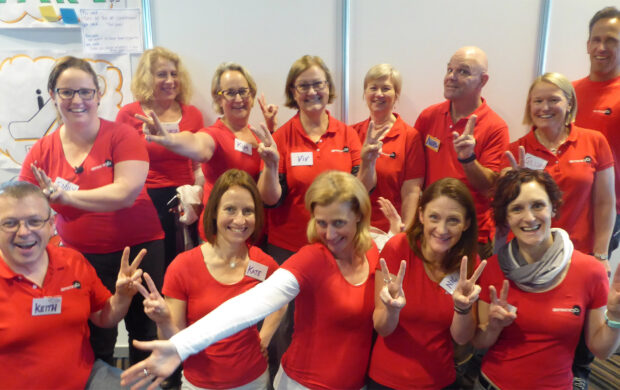The UK government just announced an investment of GBP 200 million to build the world’s first prototype commercial fusion reactor. The project will be first conceptualised at the Culham Centre for Fusion Energy, with the ambitious goal of building a plant capable of generating hundreds of megawatts of net electricity by the early 2040’s.

All of today’s nuclear reactors are fission, a process that channels the power released when splitting two atoms, whereas in fusion – the process that powers the sun—the energy comes from the combining two atoms. The stumbling block for fusion power is that the process itself takes more electricity than it produces, and so managing heat loss poses a large challenge. The proposed project will use a more compact design, a potentially cheaper but riskier manufacturing decision.










